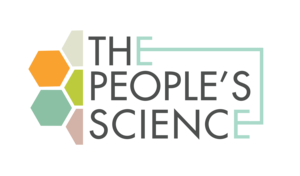
The Science of Science Communication
This colloquium was held in Washington, D.C. May 21-22, 2012. The meeting surveyed the state of the art of empirical social science research in science communication and focused on research in psychology, decision science, mass communication, risk communication, health communication, political science, sociology, and related fields on the communication dynamics surrounding issues in science, engineering, technology, and medicine.
See video recordings of the presentations here.
Read the proceedings of the conference here.
Source – http://www.nasonline.org/programs/sackler-colloquia/completed_colloquia/science-communication.html


